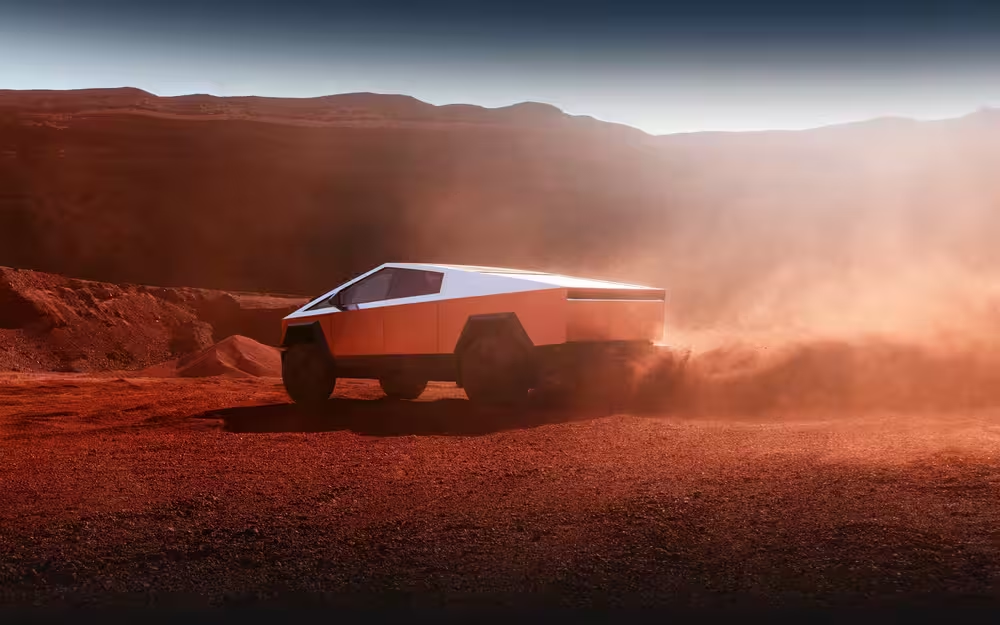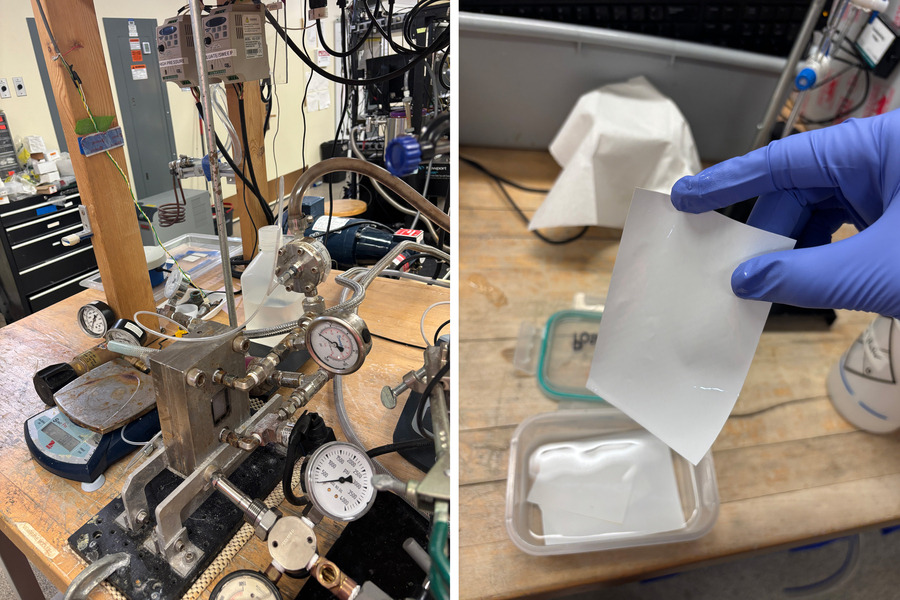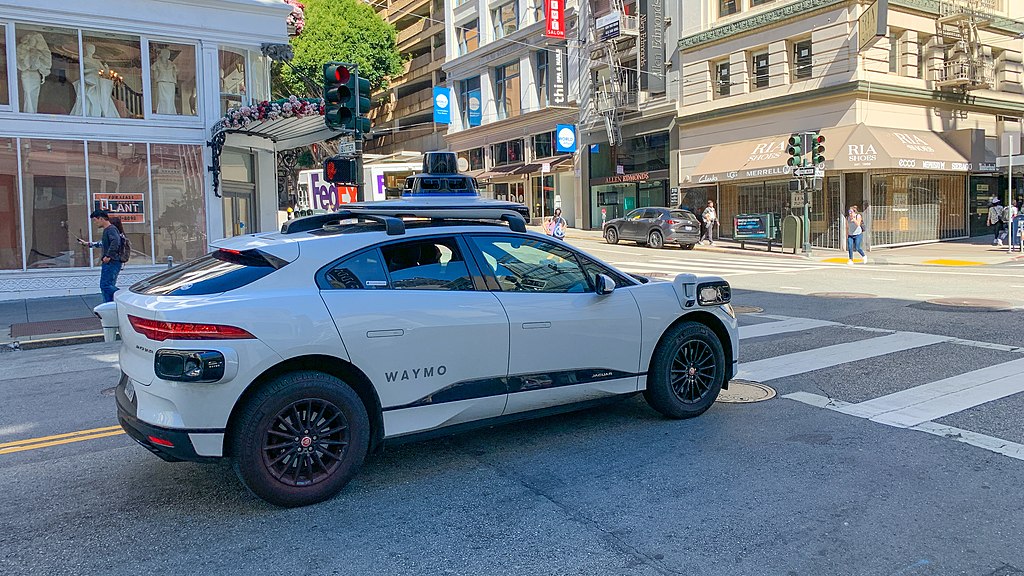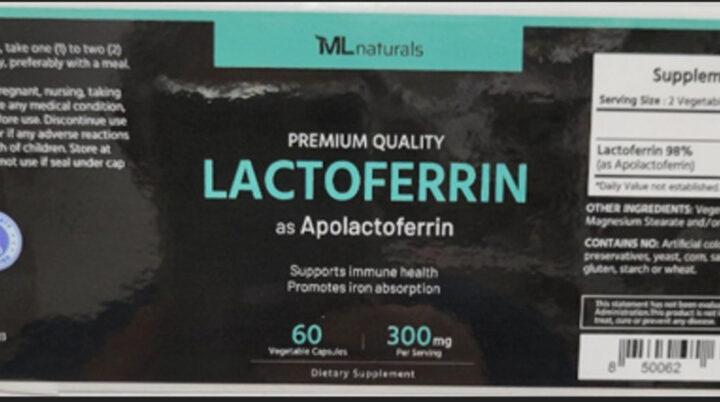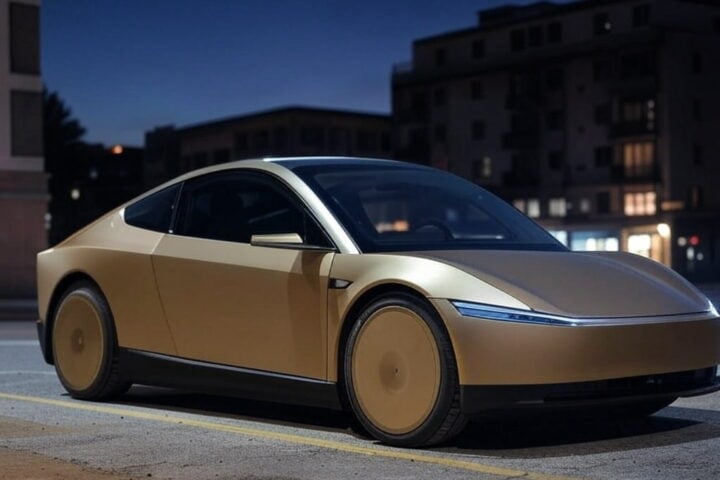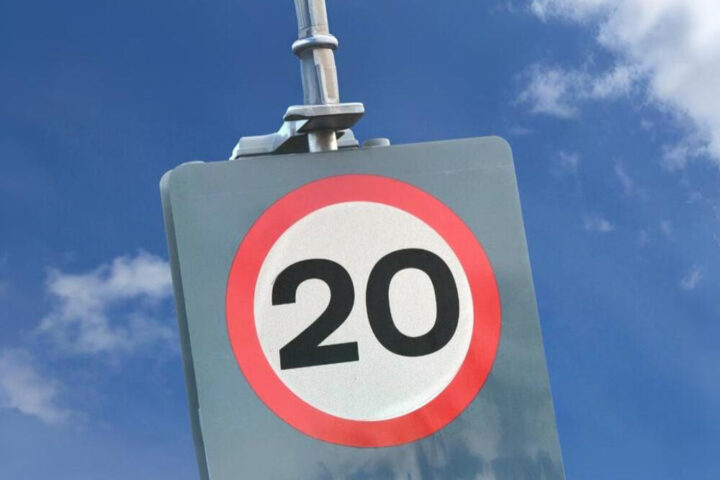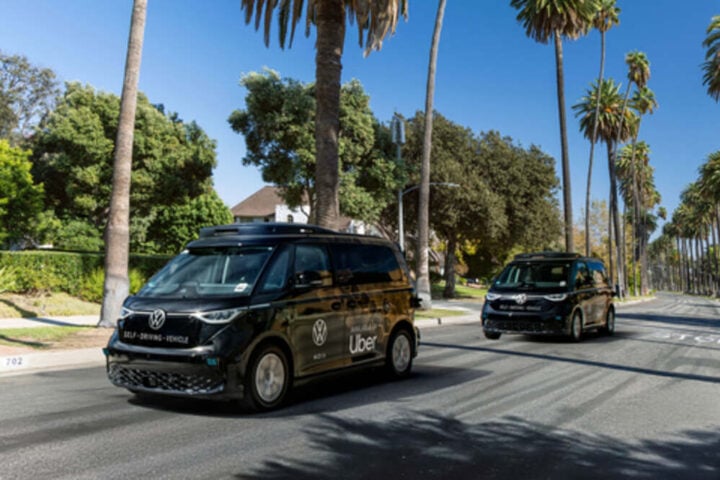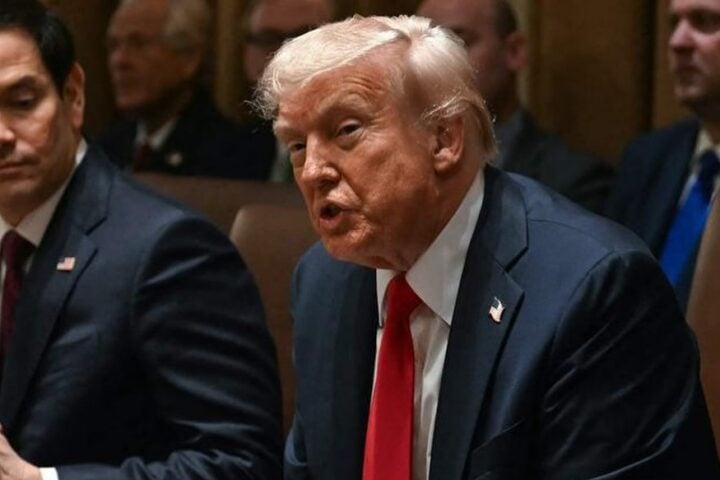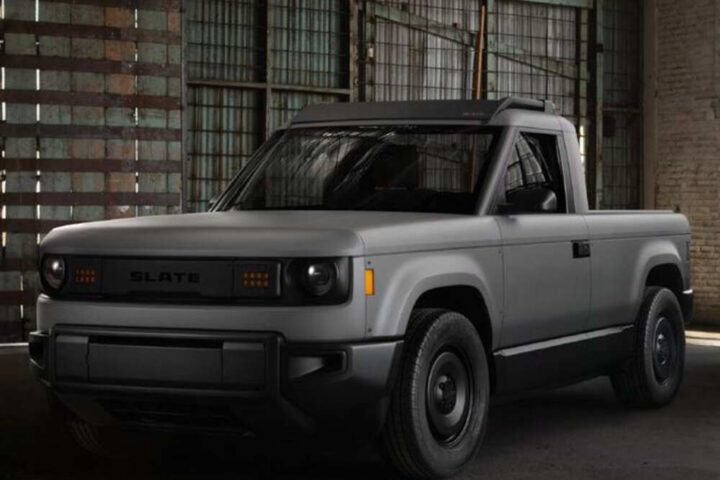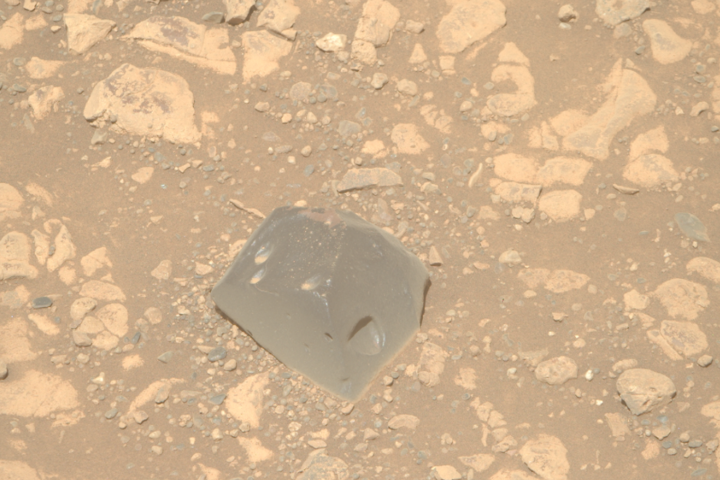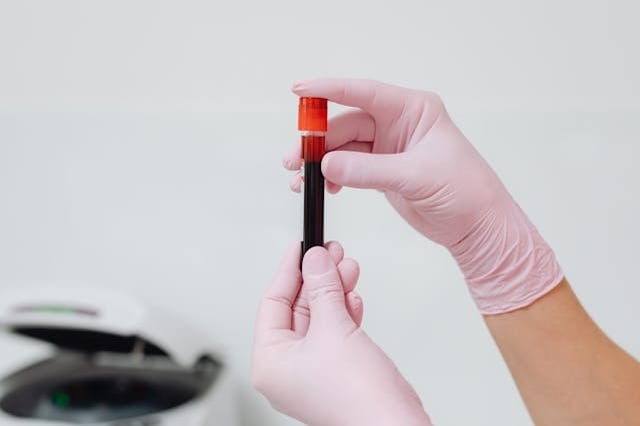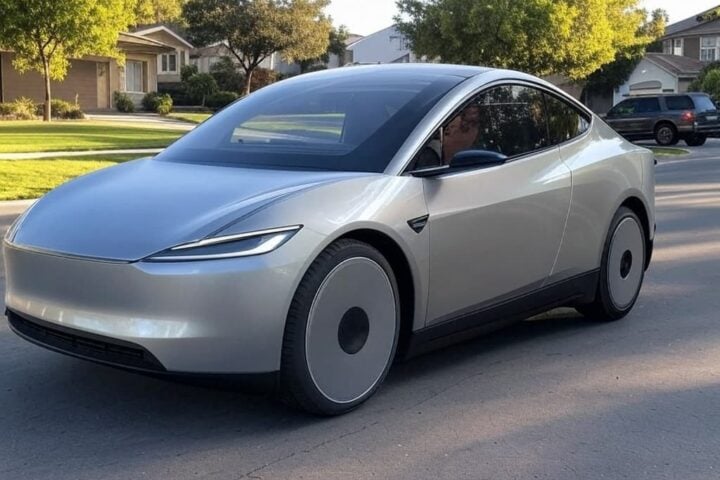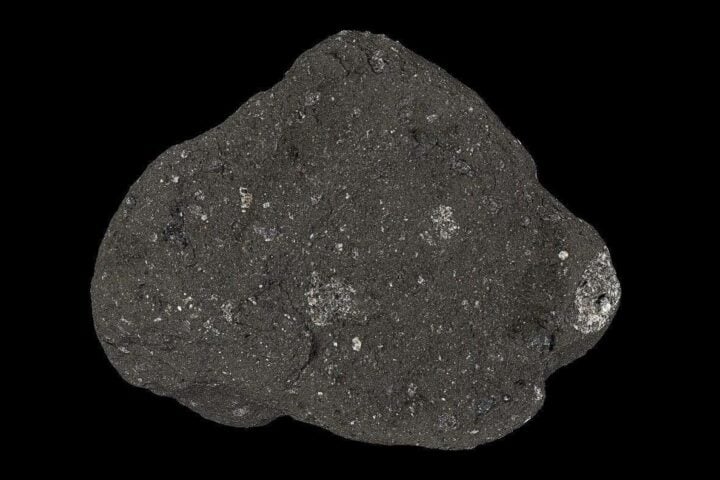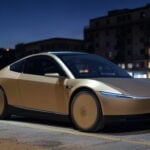A surprising new government deal has emerged: Tesla is set to receive $400 million for armored vehicles from the State Department. Let’s break down what this means and why people are talking about it.
The deal caught attention because it’s massive compared to Tesla’s previous government work – they only got about $700,000 in government contracts over the last decade. Now they’re suddenly getting $400 million for armored cars.
Here’s where it gets interesting: The person overseeing government spending (Elon Musk as head of the Department of Government Efficiency) is also Tesla’s CEO. When asked about this potential conflict, Musk said, “All of our actions are fully public.” However, Texas Representative Greg Casar pointed out a concerning detail: “Five inspector generals that were looking into Elon Musk’s companies were fired.”
The vehicles themselves raise questions too. While Tesla’s Cybertruck is called “bulletproof,” the vehicle can only deflect low-velocity bullets if they hit the doors. For comparison, other armored vehicle contracts in the same budget are much smaller – $50 million for armored sedans and $40 million for armored BMWs.
Similar Posts
Some odd details stand out: The Tesla contract is listed under “Miscellaneous Food Manufacturing” in government paperwork. Similarly, other vehicle contracts are oddly categorized – armored sedans under “Soft Drink Manufacturing” and BMWs under “Bottled Water Manufacturing.”
The timing matters too. This deal appeared in December 2024, during the transition period. The cars are supposed to be delivered in Q4 over the next five years.
Meanwhile, Musk’s efficiency department has been busy. His team now has access to important government agencies like the CDC, Medicare services, and the Federal Aviation Administration. They say they’re looking for waste, but critics wonder why they’re approving such a large contract for Musk’s own company.
White House Press Secretary Karoline Leavitt defended the situation, but didn’t directly address why Tesla is getting such a large contract while other vehicle makers got much less. The contract amount is particularly notable since Musk’s department is supposed to be finding ways to save government money, not spend more of it.
